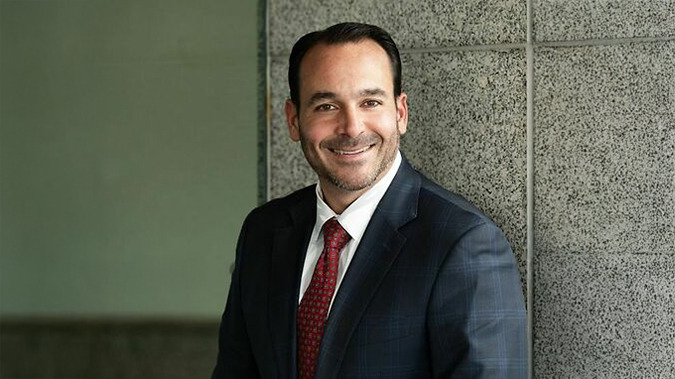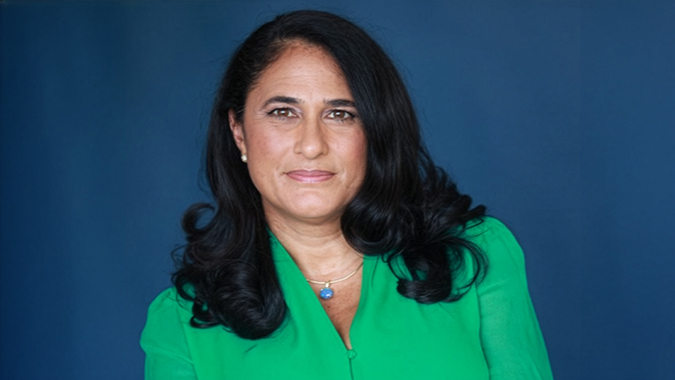New Jersey’s budget surplus is in the billions, and with the largesse are seemingly billions of ideas with what to do with it.
But talk of rebates and one-time quick fixes still won’t get to the root of New Jersey’s fiscal issues.
And that’s why NJBIA President and CEO Michele Siekerka says it’s critical that state policymakers dig deeper by reforming education funding.
“We need to look long-term on how we fund education in the state and why it leads to the highest property taxes in the nation,” Siekerka said.
“Continuing to dodge reforming an uneven school funding formula will only result in unsustainable spending and continued inequities in our delivery of K-12 education in our state.”
The school funding formula sets a baseline cost for each student enrolled through K-12 in public schools.
While the quality of New Jersey’s K-12 education is superb on a national level, the high costs are also an outlier, Siekerka said.
“In any given year, New Jersey and Massachusetts vie for the number one spot in the nation for K-12 education,” Siekerka said. “Yet, Massachusetts still delivers its high performance at a lower cost.
“We must understand how, and why, New Jersey cannot accomplish a better result as it relates to cost. This is especially true when considering many students who benefitted from this K-12 education out-migrate between the ages of 18 and 34 because it’s too expensive to live here. That’s not a good return on investment.”
Siekerka continues to push a bill during budget season that would create a task force to re-evaluate and improve New Jersey’s current school funding formula.
Bill S-354, with bipartisan sponsorship from Sens. Vin Gopal (D-11) and Steve Oroho (R-24), has already been unanimously passed by the full Senate.
The intent of the task force would be to study the effectiveness of the state’s school funding formula, established by the School Funding Reform Act of 2008, and whether it effectively meets the needs of school districts.
The task force would be required to provide a report on its findings within a year, with recommended improvements, to the governor and the Legislature.
“And this is would all tie directly to affordability for both residents and businesses, while creating more equity for municipalities in how they’re funded,” Siekerka said.
Gov. Phil Murphy’s FY23 budget proposes $19.2 billion in funding for pre-K to 12 education, an increase of $550 million from FY22.
“Investment in New Jersey’s education is critical,” Siekerka said. “But we need to understand why the cost of education has increased so much in New Jersey, where we can save and how to make a more equitable school funding formula.
“Absent all of that, we’re not systematically solving what ails New Jersey’s affordability – our property taxes.”




